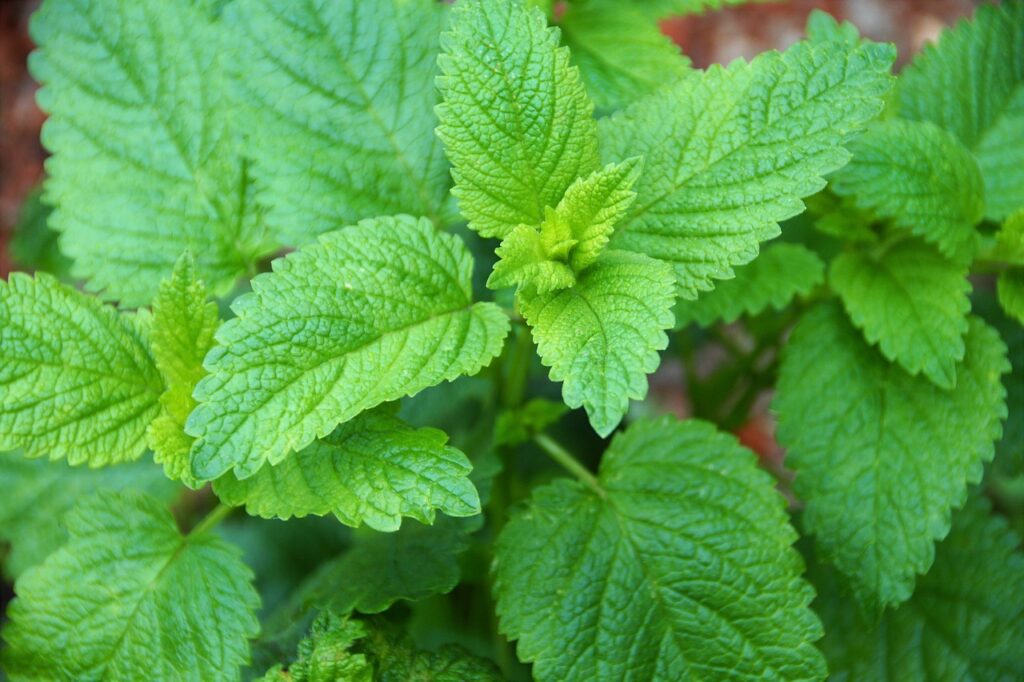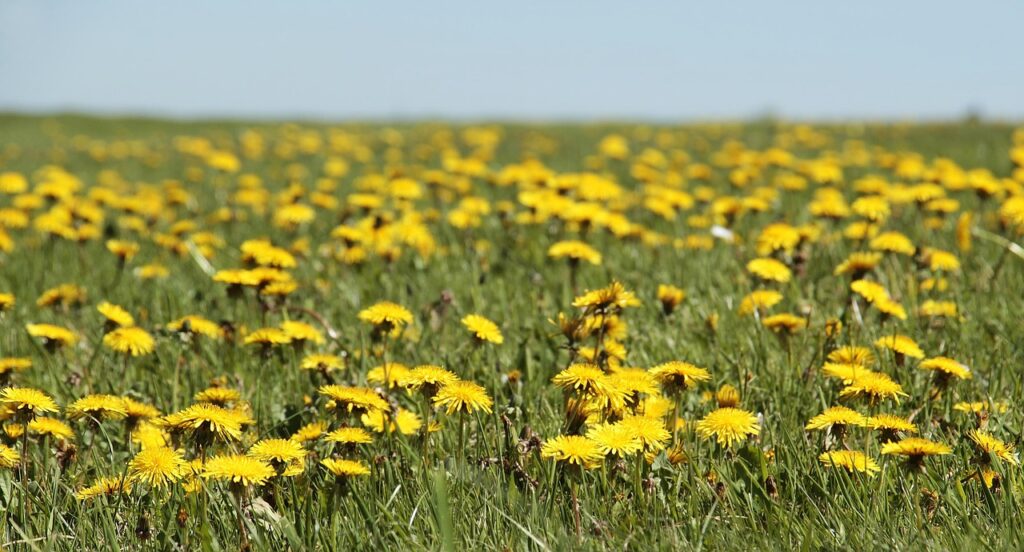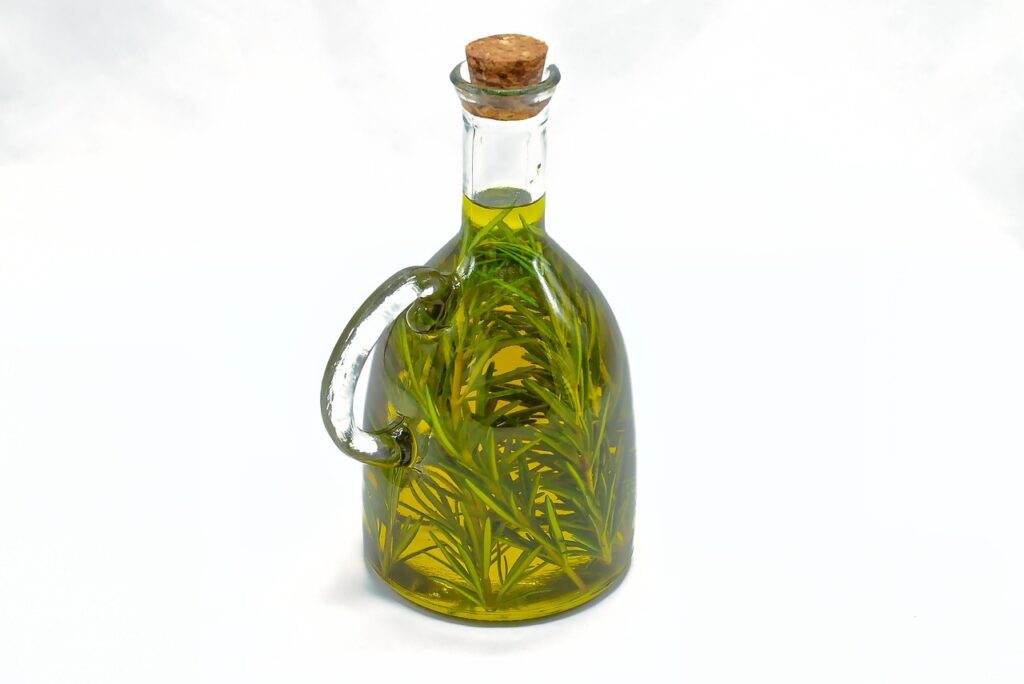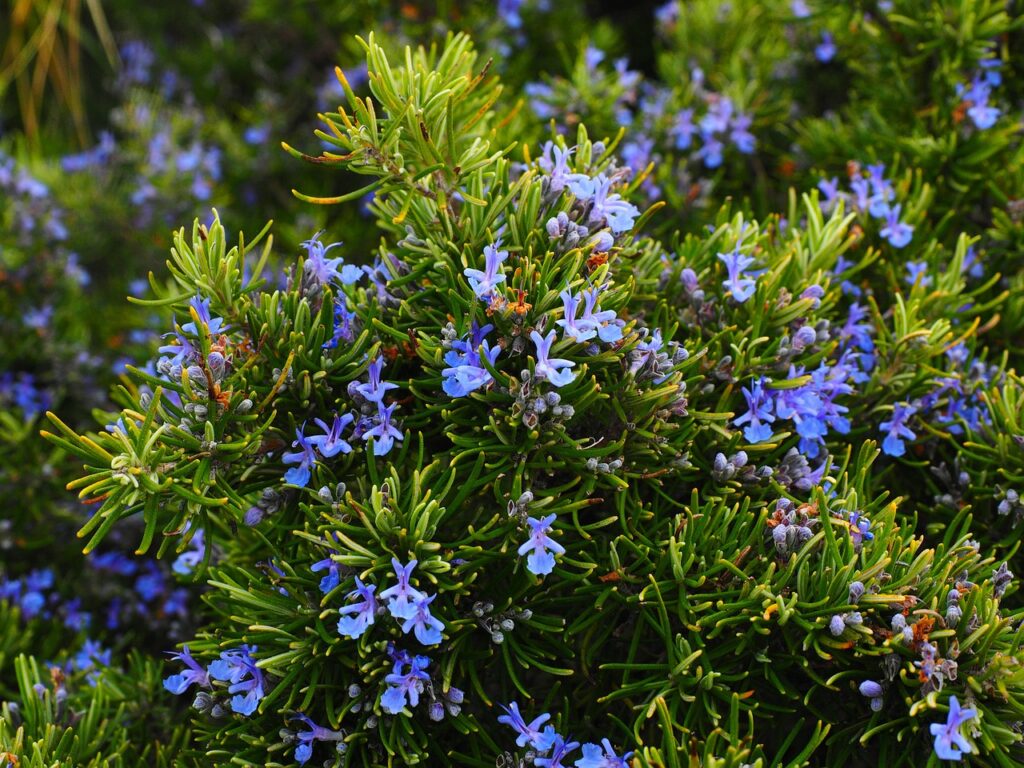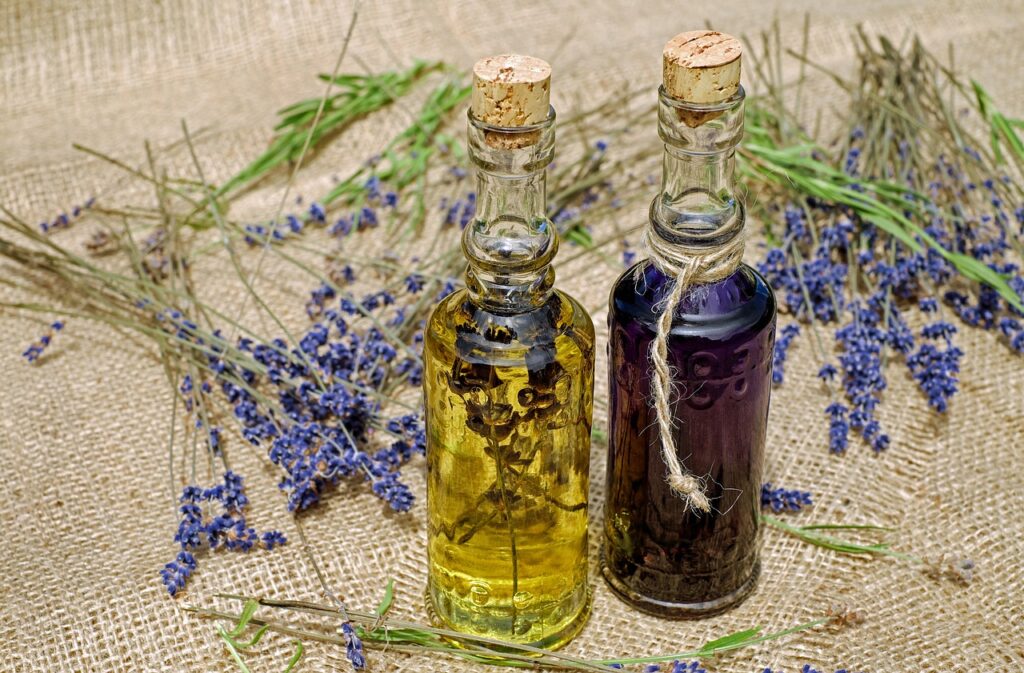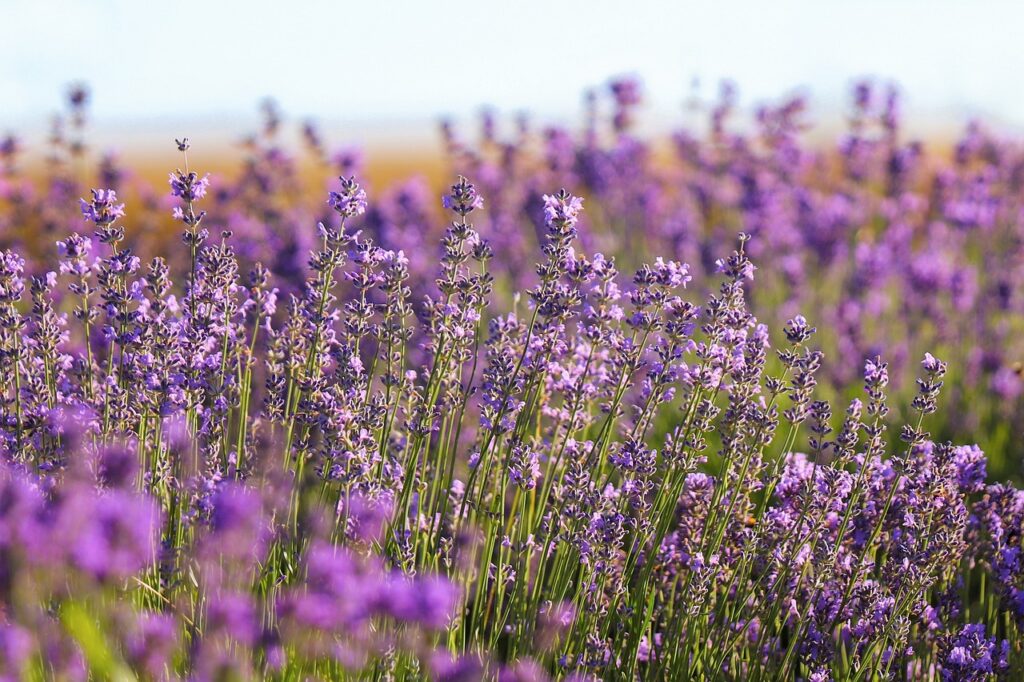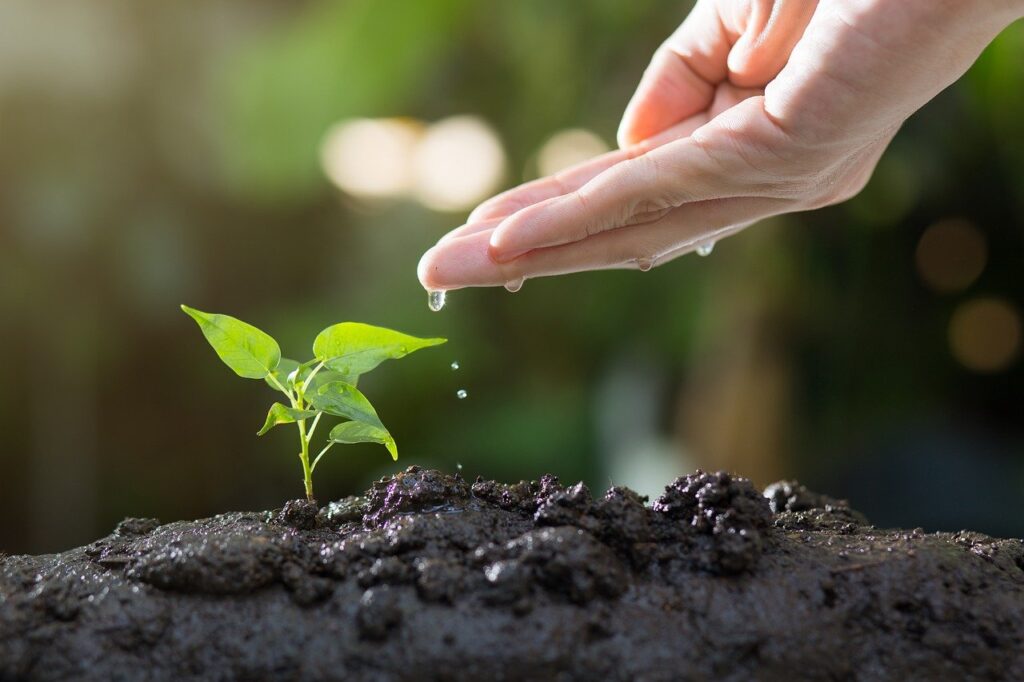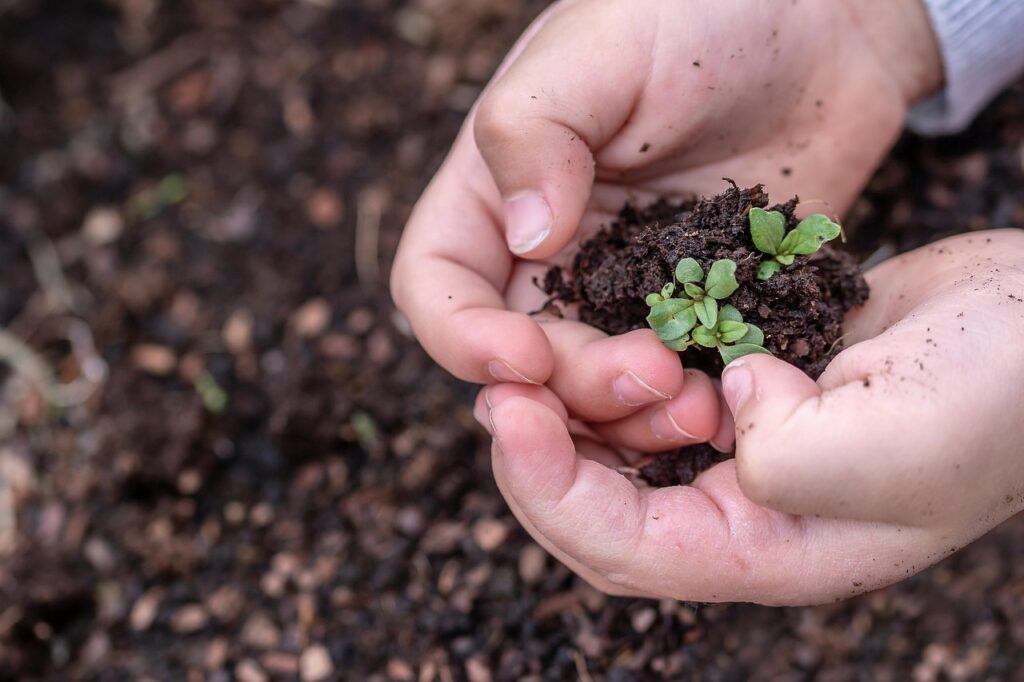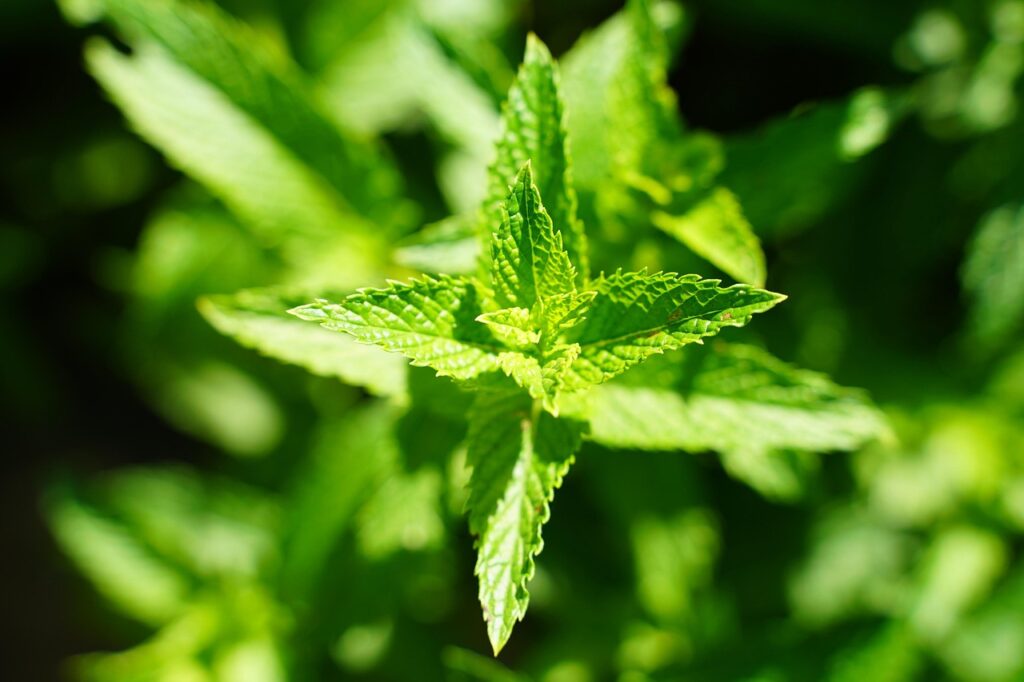
There’s something quietly powerful about working with herbs you’ve grown or gathered yourself—and lemon balm is one of those herbs that feels like a sweet friend in plant form. With its bright lemony scent and soft, heart-soothing energy, lemon balm (Melissa officinalis) has long been used to calm the nervous system, ease digestive tension, and support radiant skin.
Making your own lemon balm oil at home is a simple, beautiful way to bottle up some of that magic. Whether you’re tending to your skin, your mood, or your overall vitality, this gentle herbal oil can be a steady companion on your natural wellness journey.
🌿 What Is Lemon Balm Oil?
Lemon balm oil is an herbal-infused oil, not an essential oil. It’s made by steeping the fresh or dried leaves of the plant in a carrier oil (like olive or jojoba), allowing the plant’s beneficial compounds to infuse over time. The result is a fragrant, golden-green oil full of calming, anti-inflammatory, antiviral, and skin-soothing properties.
🍋 How to Make Lemon Balm Oil at Home
You don’t need fancy equipment—just a little time, sunlight, and intention.
✨ Ingredients:
- 1 cup fresh lemon balm leaves (or ½ cup dried)
- 1 to 1½ cups carrier oil (such as olive, sweet almond, jojoba, or grapeseed)
- A clean glass jar with a lid
- Cheesecloth or fine strainer
- Amber glass bottle (for storage)
✨ Instructions:
- Harvest + dry: If using fresh lemon balm, let it wilt on a towel for 12–24 hours to reduce moisture and prevent mold.
- Fill a jar: Place the leaves in a clean, dry jar and pour your oil over them until completely covered. Leave a little space at the top.
- Infuse:
- Sun Method: Place the jar in a sunny window for 2–3 weeks, shaking gently every day.
- Warm Method: Gently heat the jar in a double boiler or yogurt maker at very low heat (100–120°F) for 4–6 hours if you’re short on time.
- Strain: Once infused, strain the oil through cheesecloth and discard the plant material.
- Store: Pour the finished oil into a dark glass bottle and store in a cool, dry place. It will keep for up to a year.
✨ 5 Unique Ways to Use Lemon Balm Oil (Inside + Out)
Once you’ve made your lemon balm oil, there are so many beautiful ways to bring it into your daily rituals. Here are five unique, wellness-enhancing uses to help you experience the full range of its healing magic:
1. Stress-Relief Scalp Massage Oil (External)
Warm a few drops of lemon balm oil in your palms and massage gently into your scalp before bed. It helps calm an overactive mind, relieve tension headaches, and nourish the scalp—especially if you’re sensitive to stress or sensory overload.
2. Digestive Belly Rub (External)
Rub a small amount of lemon balm oil onto your abdomen in gentle, clockwise circles after meals. This is an ancient practice for relieving gas, bloating, and digestive tension—especially when the root cause is stress.
3. Lip & Cold Sore Balm (External)
Lemon balm’s antiviral properties shine when applied to the lips. Mix the infused oil with a little beeswax or shea butter to create a natural balm. Apply regularly to prevent cold sores or soothe flare-ups.
4. Herbal Oil Drops for Nervous Tension (Internal)
If using a food-grade oil (like organic olive oil), you can take ½ teaspoon of lemon balm oil internally. This is especially lovely before meditation, during anxious moments, or before sleep. It supports the nervous system and brings an almost instant sense of calm. (Note: Always consult a healthcare provider before taking herbal oils internally.)
5. Add to Herbal Mocktails or Smoothies (Internal)
Just a few drops of your lemon balm oil can elevate an afternoon mocktail or green smoothie—especially when paired with cucumber, mint, or citrus. It’s a delicious way to nourish the body while enhancing emotional balance and digestive harmony.
💛 A Ritual of Restoration
In a world that often pulls us in too many directions, lemon balm offers a soft place to land. Whether you’re massaging it into your skin, sipping it into your belly, or simply inhaling its sweet scent before bed, lemon balm oil is more than an herbal remedy—it’s a ritual of restoration.
Invite this loving herb into your life, and let it remind you to pause, breathe, and receive the gentle healing that lives in nature—and within yourself.
Let me know your favorite way to use your homemade lemon balm oil below. And make sure to follow me on social media for more ideas to add to your own wellness journey.
Until next time pollinators…💕

